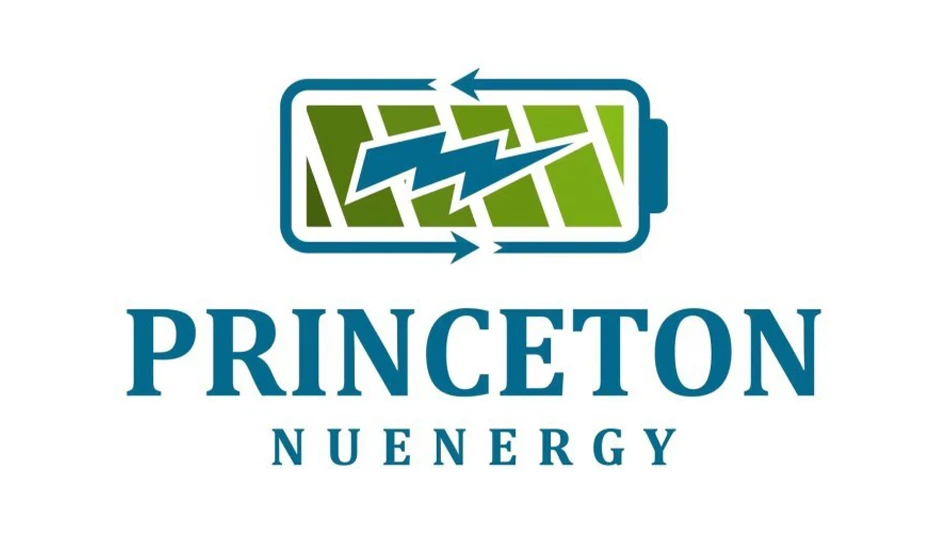
Logo courtesy of Princeton NuEnergy Inc.
Princeton NuEnergy Inc. (PNE), a Bordentown, New Jersey-based lithium-ion battery recycler, has announced results from pouch cell tests conducted by the Lemont, Illinois-based Argonne National Laboratory which it says show excellent discharge capacity retention using cathode material directly recycled via PNE’s low-temperature plasma technology.
The company says “discharge capacity retention” refers to the ability of a battery to retain its full charge capacity after a number of charge and discharge cycles.
RELATED: Princeton NuEnergy teams up with scientists to improve its LIB recycling technology
PNE’s patented Cathode-to-Cathode direct recycling technology delivered a discharge capacity retention of 83.66 percent from LCO (lithium cobalt oxide) batteries—used predominantly in consumer electronics—and 88.9 percent from NCM (nickel cobalt manganese) batteries, which are mostly used in electric vehicles. The company says after conducting 1,000 deep cycles, these results are on par with lithium-ion batteries produced with virgin materials.
“We work very hard at PNE to ensure that our rejuvenated materials are of the highest quality,” PNE co-founder and chief technology officer Xiaofang Yang says. “The results from Argonne show that in addition to providing exceptional price and ESG benefits, we are producing some of the highest performing cathode material on the market.”
PNE says it is focused on the direct recycling of lithium-ion batteries sourced from manufacturing scrap, electric vehicles, consumer electronics and energy storage solutions. It adds that as the world shifts toward electrification, the global market for lithium-ion batteries (LIBs) is expected to surpass $200 billion by 2030, and the demand for minerals such as lithium will continue to outstrip the available supply. Recycling LIB materials will be crucial to power the clean-tech economy, reduce pricing pressures and minimize environmental impact.
“Argonne National Laboratory has long been an advocate for direct recycling, and it pleases us to see these test results,” Argonne Senior Chemical Engineer Andrew Jansen says. “PNE’s rejuvenated cathode material shows very comparable cyclability to pristine commercial material and demonstrates that PNE’s direct recycling process can recover the electrochemical performance.”
Latest from Recycling Today
- Orion ramping up Rocky Mountain Steel rail line
- Proposed bill would provide ‘regulatory clarity’ for chemical recycling
- Alberta Ag-Plastic pilot program continues, expands with renewed funding
- ReMA urges open intra-North American scrap trade
- Axium awarded by regional organization
- Update: China to introduce steel export quotas
- Thyssenkrupp idles capacity in Europe
- Phoenix Technologies closes Ohio rPET facility





